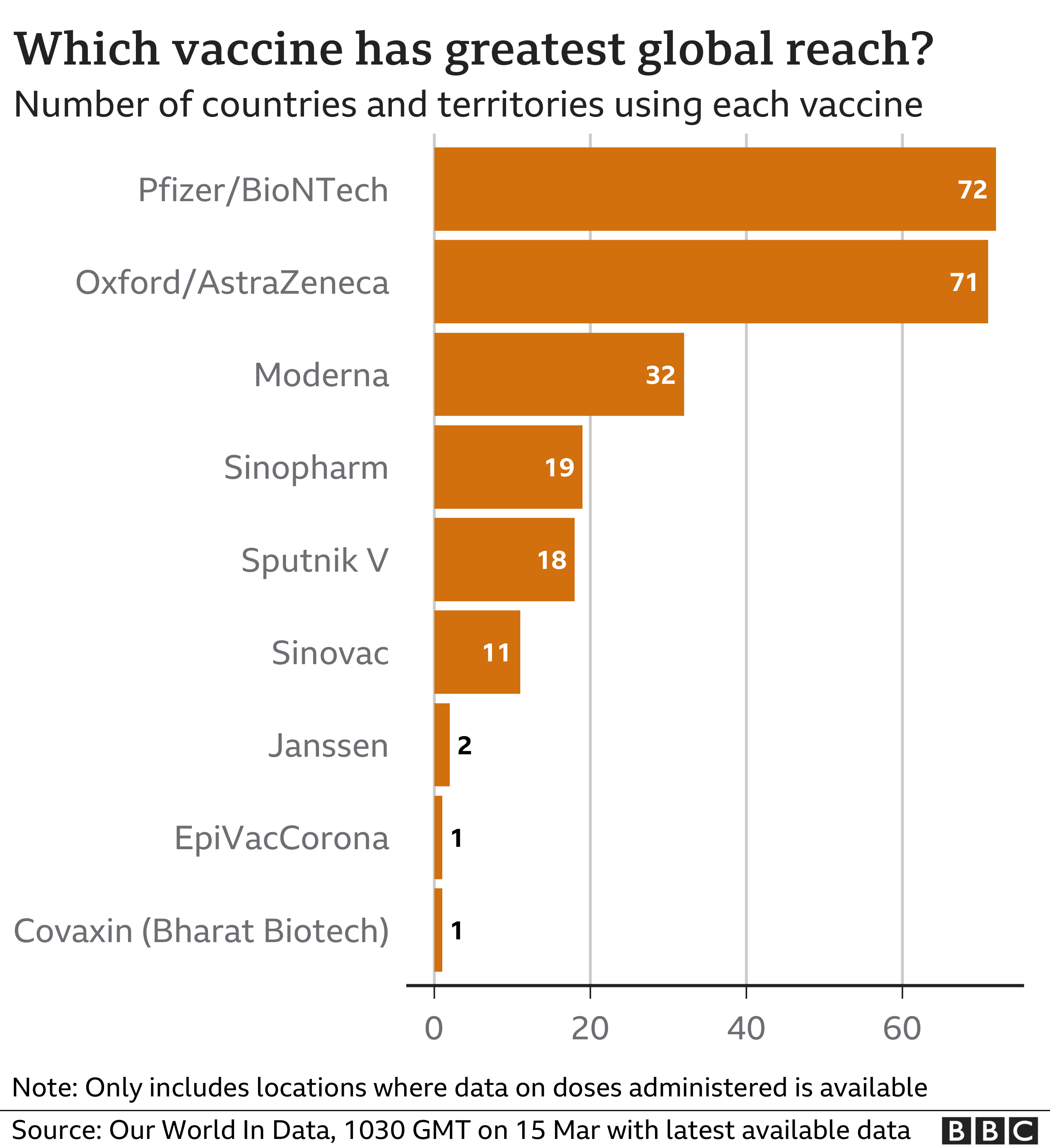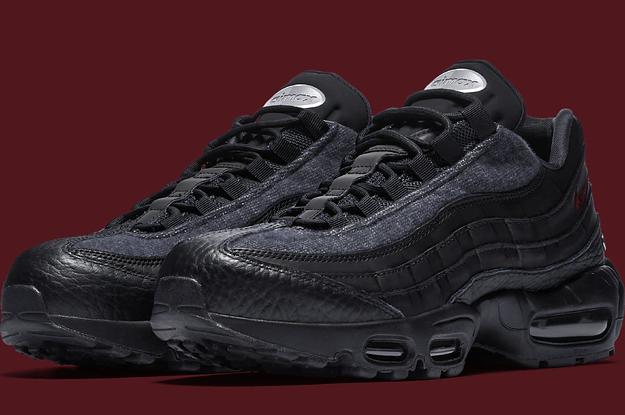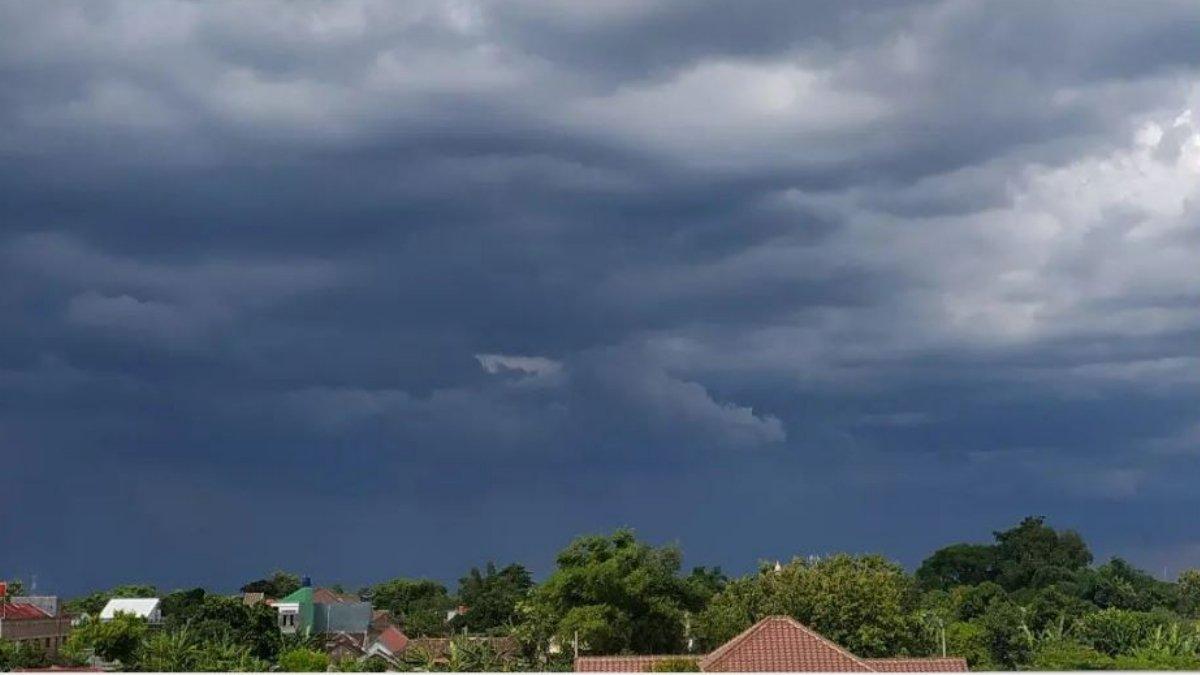COVID-19 Vaccines And The Reduced Risk Of Long COVID: A Comprehensive Review

Table of Contents
The Science Behind Long COVID and Vaccination
Understanding Long COVID
Long COVID, also known as post-COVID-19 condition or persistent symptoms following COVID-19, is a complex condition affecting individuals weeks or months after their initial COVID-19 infection. The symptoms are incredibly diverse and can vary significantly from person to person. Common manifestations include persistent fatigue, "brain fog" (cognitive dysfunction), shortness of breath, chest pain, heart palpitations, and neurological symptoms. The long-term effects of Long COVID are still being investigated, but it's clear that it can severely impact quality of life, leading to reduced work productivity, disability, and significant healthcare costs. Understanding the mechanisms behind Long COVID is crucial to developing effective prevention strategies.
How COVID-19 Vaccines Work
COVID-19 vaccines work by training your immune system to recognize and fight the virus. Different vaccine types achieve this in various ways. mRNA vaccines, like those from Pfizer-BioNTech and Moderna, introduce messenger RNA (mRNA) carrying instructions for building a harmless piece of the virus's spike protein. This triggers an immune response, producing antibodies and T cells that target the virus. Viral vector vaccines, such as those from AstraZeneca and Johnson & Johnson, use a modified virus to deliver genetic material encoding the spike protein, also stimulating an immune response.
- A strong immune response, triggered by vaccination, produces high levels of neutralizing antibodies and effective T cell responses. This robust immune defense is believed to be crucial in preventing severe COVID-19 illness and potentially mitigating the risk of Long COVID.
- Different COVID-19 vaccines show varying degrees of efficacy against Long COVID, with ongoing research aiming to clarify these differences.
- The generation of both neutralizing antibodies, which directly block viral infection, and cellular immunity, which eliminates infected cells, contributes significantly to protection.
Evidence Linking COVID-19 Vaccination to Reduced Long COVID Risk
Observational Studies and Their Findings
Numerous observational studies have investigated the association between COVID-19 vaccination and the reduced risk of Long COVID. These studies, including cohort studies following large populations over time, consistently suggest a strong link between vaccination and a lower incidence of Long COVID. For example, studies published in reputable journals like the Lancet and the New England Journal of Medicine have demonstrated a statistically significant reduction in Long COVID risk among vaccinated individuals compared to unvaccinated individuals. These studies have employed rigorous methodologies to control for confounding factors and have generally found consistent results across different populations.
Meta-analyses and Systematic Reviews
Several meta-analyses and systematic reviews have pooled data from multiple observational studies to synthesize the evidence on vaccine effectiveness against Long COVID. These analyses have generally reinforced the findings from individual studies, demonstrating a consistent and substantial reduction in Long COVID risk among vaccinated individuals. The pooled data strengthens the conclusion that vaccination significantly protects against this debilitating condition. While limitations exist in observational studies (e.g., potential for residual confounding), the consistent findings across numerous studies lend strong support to the protective effect of vaccination.
- Studies show significantly lower rates of Long COVID among fully vaccinated individuals compared to unvaccinated individuals.
- Limitations include potential for biases in observational studies, but the consistency of findings across many studies is notable.
- The strength of association between vaccination and reduced Long COVID risk continues to be validated by ongoing research.
Vaccine Types and Their Effectiveness Against Long COVID
mRNA Vaccines
Studies suggest that mRNA vaccines (Pfizer-BioNTech and Moderna) demonstrate high efficacy in reducing the risk of Long COVID. Their robust immune response, characterized by both high antibody and T cell production, appears particularly effective in preventing persistent symptoms.
Viral Vector Vaccines
Data on viral vector vaccines (AstraZeneca and Johnson & Johnson) also suggest a reduction in Long COVID risk, although the magnitude of protection may differ compared to mRNA vaccines. Further research is needed to fully elucidate the comparative effectiveness of these different vaccine types.
Other Vaccine Types
While mRNA and viral vector vaccines are the most widely studied, research on other vaccine types and their impact on Long COVID risk is ongoing.
- Comparative effectiveness analyses of different vaccine types are crucial to provide tailored recommendations.
- Booster doses significantly enhance the immune response and likely provide additional protection against Long COVID.
- The timing of vaccination (pre-infection vs. post-infection) may also influence its effectiveness in preventing Long COVID.
Addressing Concerns and Misconceptions
Common Myths about COVID-19 Vaccines
Several myths surrounding COVID-19 vaccines and Long COVID need to be addressed. Some people believe the vaccines cause Long COVID, but this is unfounded; the available evidence strongly points to the opposite – that vaccination reduces the risk. Another misconception is that breakthrough infections negate the benefits of vaccination, but even with breakthrough infections, vaccines significantly reduce the severity and duration of illness, lowering the likelihood of developing Long COVID.
Importance of Vaccination Despite Breakthrough Infections
Breakthrough infections, while possible, are typically less severe in vaccinated individuals, leading to a lower burden of disease and a reduced chance of developing Long COVID. This underscores the crucial role of vaccination in mitigating the risks associated with COVID-19, even if it doesn't completely prevent infection.
- Address specific concerns about vaccine safety and efficacy using evidence-based information from reputable sources.
- Emphasize that the overwhelming benefits of vaccination, particularly in preventing severe illness and Long COVID, outweigh the minimal risks.
- Combat misinformation actively by promoting accurate information from reliable health organizations and medical professionals.
Conclusion
In conclusion, overwhelming evidence demonstrates a strong association between COVID-19 vaccination and a reduced risk of developing Long COVID. Numerous observational studies, meta-analyses, and systematic reviews consistently support this conclusion across various vaccine types. Addressing common misconceptions about vaccine safety and efficacy is crucial in promoting widespread vaccination. Protect yourself from Long COVID by getting vaccinated and boosted according to recommended schedules. Vaccination is a crucial step in preventing Long COVID and its long-term consequences. Schedule your COVID-19 vaccination today to reduce your risk of Long COVID. Further research is needed to clarify the nuances of vaccine effectiveness across different populations and to fully understand the long-term protective effects of vaccination against Long COVID.

Featured Posts
-
 Air Max 95 97 X Division Street Ducks Of A Feather Release Date Confirmed
May 29, 2025
Air Max 95 97 X Division Street Ducks Of A Feather Release Date Confirmed
May 29, 2025 -
 Le Pens Embezzlement Conviction A Witch Hunt Claims Paris Rally Speech
May 29, 2025
Le Pens Embezzlement Conviction A Witch Hunt Claims Paris Rally Speech
May 29, 2025 -
 Cuaca Hari Ini And Besok Sumatra Utara Medan Karo Nias Toba
May 29, 2025
Cuaca Hari Ini And Besok Sumatra Utara Medan Karo Nias Toba
May 29, 2025 -
 Space X Starlink Mission Update 27 Satellites Launched From Vandenberg
May 29, 2025
Space X Starlink Mission Update 27 Satellites Launched From Vandenberg
May 29, 2025 -
 Prakiraan Cuaca Jawa Timur Hujan Petir Dan Potensi Banjir 29 Maret 2024
May 29, 2025
Prakiraan Cuaca Jawa Timur Hujan Petir Dan Potensi Banjir 29 Maret 2024
May 29, 2025
